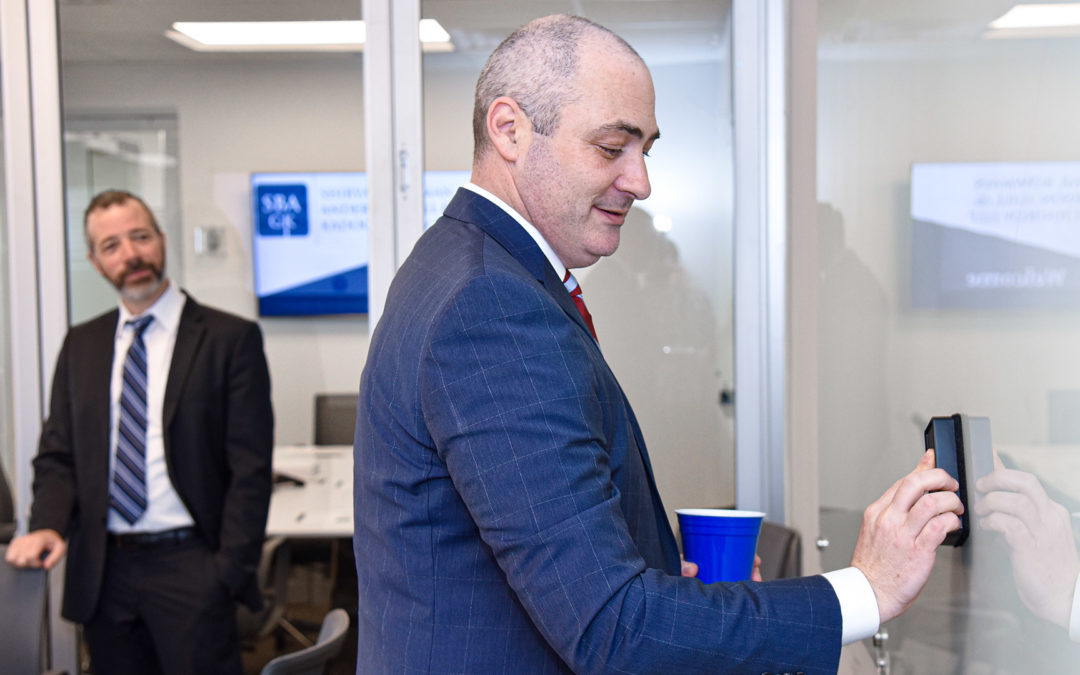Kew Gardens, NY (May 7, 2019) – In order to file for Chapter 7 bankruptcy in New York State, you must meet certain qualifications. One of these requirements is passing a “means test.” If you make more than the average income in NYS, a means test will determine if you qualify for a Chapter 7 bankruptcy filing. In other words, the means test determines whether or not your income exceeds a certain amount.
The means test might seem confusing, but keep in mind it isn’t exactly what it sounds like. It’s really a formula designed precisely to determine if someone has any income they don’t put toward their expenses, with which they could pay down some of their debt. The means test can be overwhelming as it involves calculating one’s income and expenses and then determining if they qualify. Also, income doesn’t necessarily mean just wages and tips. It can also come from retirement plans, pensions, rental income, and more.
Bankruptcy is truly one of the most dynamic areas of law SBAGK practices. Its laws and procedures change frequently, including the means test. Recently, the Department of Justice issued new NYS median income allowances:
- 1 person household: $55,333
- 2 person household: $71,343
- 3 person household: $83,887
- 4 person household: $102,384
- 5 person household: $111,384
- 6 person household: $120,384
Median income numbers have increased steadily over the past few years, meaning more and more New Yorkers qualify for a Chapter 7 bankruptcy filing, but the procedure can still be overwhelming. The bankruptcy department at SBAGK makes the process simple. Potential clients come to the office for a free consultation and then sit down with an attorney to discuss their finances. The attorney might ask to see some documents, such as tax returns and bank statements, and ask a series of questions about a client’s expenses and debt. The means test calculations and other procedures will be completed by the attorney or bankruptcy staff. SBAGK’s attorneys are determined to take all the time the meeting needs to ensure their client leaves the office knowing their case is in good hands.

